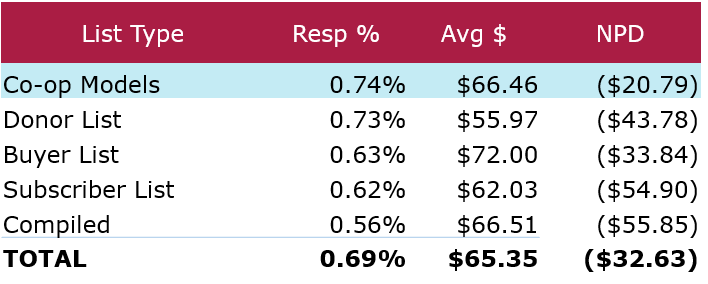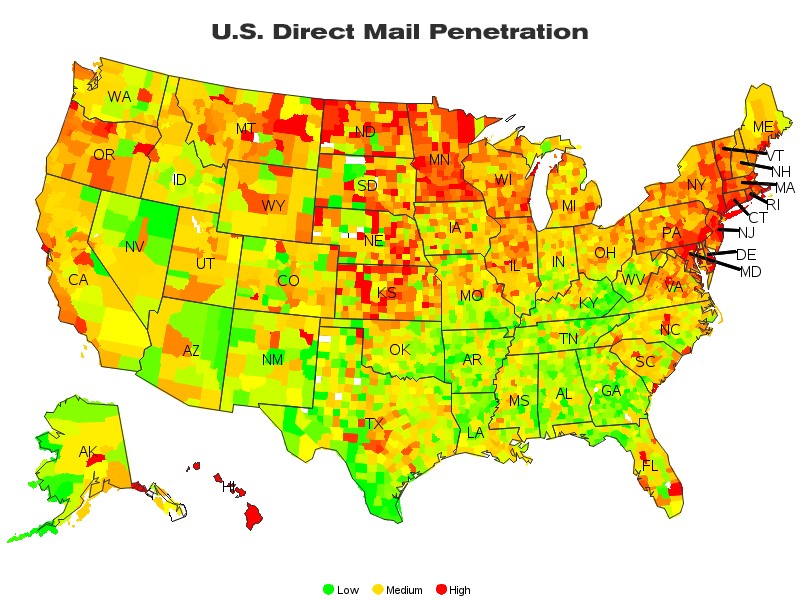We’ve stressed the importance of staying the course despite evidence of an economic downturn following the COVID-19 pandemic.
From past recessions, we know that those nonprofit organizations who cut their acquisition efforts lost ground in their market area.
Which is why, through of all of this, our message has stayed consistent: continue fundraising. Despite concerns, it’s not insensitive to ask for support.
However, donors will likely reduce the number of nonprofits they support during this time. And because of this, it’s important that you are optimizing your acquisition program to focus on acquiring high-value donors with the potential for long-term giving.
Acquiring the right donors is proven to increase renewal rates, raise average gifts, boost long-term net and increase donor migration to mid-major donors.
It’s critical that your acquisition program is optimized to withstand any challenge we may face in the road ahead.
It won’t be easy. But with time, testing and targeting, your acquisition program can maximize its potential. In this blog, we’ll outline the key tactics your organization should have in place to optimize acquisition for years to come.
LIST OPTIMIZATION
List optimization is a critical step to optimize your acquisition performance and long-term net.
Through forecasting, identify which lists are hitting your metrics and continually optimize your list mix to reach your short- and long-term goals.
Direct-response lists are rich with consumer and donor behavior in your market, indicating those who have already shown a pattern of philanthropic giving.
In addition, through selection techniques based on profiling, recent activity and gift amount, you can identify those individuals most likely to give.
This discipline, combined with cooperative database participation, should translate to improved performance over time.
COOPERATIVE DATABASES
More than 85% of nonprofit organizations participate in cooperative databases regularly, and rightfully so. Co-ops can deliver some of the most valuable donors without any additional costs.

Because co-ops are based on information from donors who have a strong giving history, you can focus your acquisition efforts on the best prospects possible.
However, in order to see optimum results, it’s important that you constantly test new models and co-ops to determine the best fit for your organization.
CUSTOMIZED MODELING
Customized models target geographic areas of high wealth and reach individuals who might not otherwise appear on a traditional direct response list.
These models can help your organization penetrate wealthy areas and acquire donors with a higher value and the potential for long-term giving.


ASK ARRAY OPTIMIZATION AND MULTIVARIATE TESTING
With the right list mix, you can continue to drive incremental gains by testing ask arrays and packages.
Use your donor data to drive this strategy. Which donors have a higher capacity to give?
By identifying those donors, you can use this group to test higher, more aggressive ask arrays.
It’s important to find the winning combination that brings on as many donors as possible while driving long-term net revenue.
It’s hard work, but, when properly implemented, these tactics will help form lasting relationships with donors who are committed to your mission for the long haul.
Most importantly, don’t take you foot off the gas. After all, what works best in acquisition during normal fundraising seasons can still be effective during a recession.





Leave a comment: